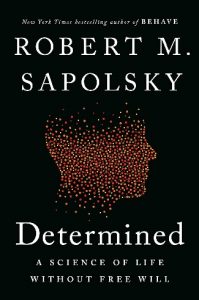*** Go to Part 1 *** *** Go to Part 7 ***
Q: I am not interested in pursuing the Western philosophical or scientific aspects any deeper. Nor am I interested in moral/ethical considerations. I would like to consider how this scenario would be explained and understood by Advaita. Also, I would like to extend the ‘object’ of the discussion to an alien, whose external interactions are entirely similar to the human head but whose physical indicators (EEG, MRI scan etc.) are quite different.
***********************
A: Excellent — let’s bring it back into the Advaita Vedānta framework, stripping away Western preoccupations with neurophysiology and ethics.
1. Consciousness in Advaita
- Consciousness (cit) is not a property of brains, bodies, or systems; it is the non-dual reality itself.
- Every “entity” that appears — human, animal, plant, alien, AI, severed head — is nothing but Consciousness in essence.
- The difference lies in the upādhi (limiting adjunct) — body–mind apparatus — through which Consciousness seems to manifest as “awareness,” thought, perception, etc.

